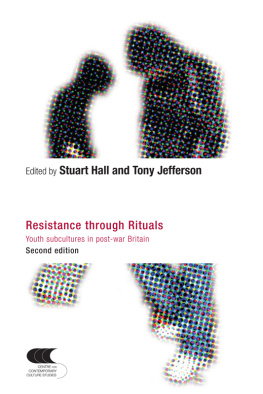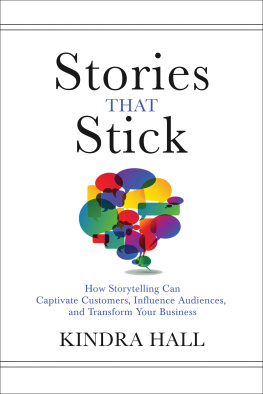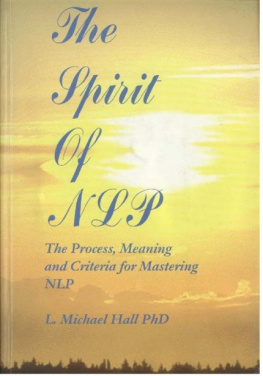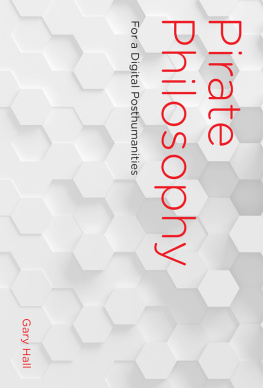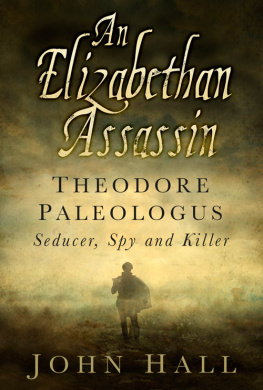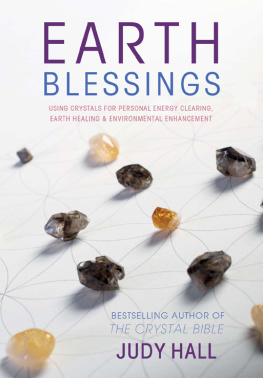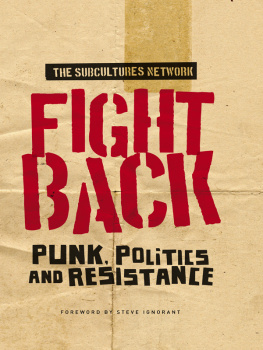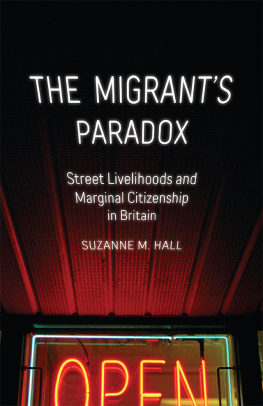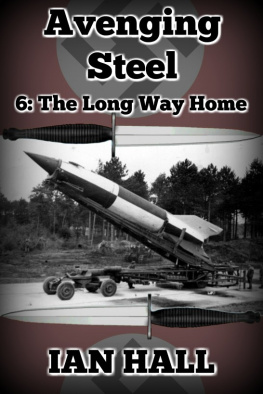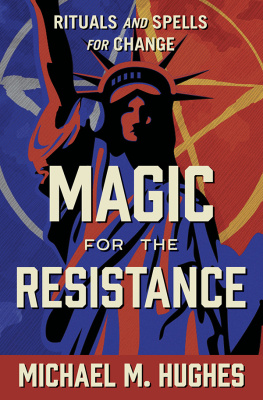Hall - Resistance through rituals: youth subcultures in post-war Britain
Here you can read online Hall - Resistance through rituals: youth subcultures in post-war Britain full text of the book (entire story) in english for free. Download pdf and epub, get meaning, cover and reviews about this ebook. publisher: Taylor & Francis (CAM), genre: Politics. Description of the work, (preface) as well as reviews are available. Best literature library LitArk.com created for fans of good reading and offers a wide selection of genres:
Romance novel
Science fiction
Adventure
Detective
Science
History
Home and family
Prose
Art
Politics
Computer
Non-fiction
Religion
Business
Children
Humor
Choose a favorite category and find really read worthwhile books. Enjoy immersion in the world of imagination, feel the emotions of the characters or learn something new for yourself, make an fascinating discovery.
Resistance through rituals: youth subcultures in post-war Britain: summary, description and annotation
We offer to read an annotation, description, summary or preface (depends on what the author of the book "Resistance through rituals: youth subcultures in post-war Britain" wrote himself). If you haven't found the necessary information about the book — write in the comments, we will try to find it.
Hall: author's other books
Who wrote Resistance through rituals: youth subcultures in post-war Britain? Find out the surname, the name of the author of the book and a list of all author's works by series.
Resistance through rituals: youth subcultures in post-war Britain — read online for free the complete book (whole text) full work
Below is the text of the book, divided by pages. System saving the place of the last page read, allows you to conveniently read the book "Resistance through rituals: youth subcultures in post-war Britain" online for free, without having to search again every time where you left off. Put a bookmark, and you can go to the page where you finished reading at any time.
Font size:
Interval:
Bookmark:
No one seriously interested in youth mass culture or style can afford to ignore this work.
Stanley Cohen, The Times Higher Education Supplement
The Centre for Contemporary Cultural Studies deserves our gratitude for having begun to locate the real areas of discussion.
New Society
affords an authoritative perspective of societys subcultures amongst the young since the war. What it has to say about that legacy of rebellion deserves to be read by all involved with and seeking to understand young people
ILEA Contact
This revised and expanded edition of Resistance through Rituals includes a new introduction to bring the reader fully up-to-date with the changes that have happened since the works first release in the double issue of Working Papers in Cultural Studies in 1975.
The work of the Centre for Contemporary Cultural Studies at Birmingham has been noted as historically leading the field in new areas of enquiry within the field of cultural studies, and the papers from the Centre are canonical reading for many cultural studies students. This revised edition includes all the original, exceptional papers, and enhances these with the reflections of the Editors thirty years after the original publication.
At a time when youth culture had been widely publicised, but few people understood its significance as one of the most striking and visible manifestations of social and political change, these papers redressed the balance. Looking in detail at the wide range of post-war youth subcultures, from teds, mods and skinheads to black Rastafarians, Resistance through Rituals considers how youth culture reflects and reacts to cultural change.
This text represents the collective understanding of the leading centre for contemporary culture, and serves to situate some of the most important cultural work of the twentieth century in the new millennium.
Editorial Group: John Clarke, Stuart Daniels, Jenny Garber, Angela McRobbie, Rachel Powell, Brian Roberts
Stuart Hall is a cultural theorist who has contributed to key works on media and cultural studies, as well as politics. He was appointed Director of the Centre for Contemporary Cultural Studies at the University of Birmingham in 1968 and wrote many influential works during his time at the Centre.
Tony Jefferson is Professor of Criminology at Keele University and was a contributor to the work of the Centre for Contemporary Cultural Studies at the University of Birmingham.
Resistance through Rituals
Youth subcultures in post-war Britain
Second edition
Edited by Stuart Hall and Tony Jefferson

First published by Routledge in 1993
First published 1975 as Working papers in Cultural Studies no. 7/8
Eighth impression 1991, HarperCollinsAcademic
This edition published 2006
by Routledge
2 Park Square, Milton Park, Abingdon, Oxon 0X14 4RN
Simultaneously published in the USA and Canada
by Routledge
270 Madison Ave, New York, NY 10016
Routledge is an imprint of the Taylor & Francis Group, an informa business
This edition published in the Taylor & Francis e-Library, 2006.
To purchase your own copy of this or any of Taylor & Francis or Routledge collection of thousands of eBooks please go to www.eBookstore.tandf.co.uk.
2006 Editorial Selection and material, Stuart Hall and Tony Jefferson; Chapters, the authors
All rights reserved. No part of this book may be reprinted or reproduced or utilized in any form or by any electronic, mechanical, or other means, now known or hereafter invented, including photocopying and recording, or in any information storage or retrieval system, without permission in writing from the publishers.
The authors assert the moral right to be identified as the authors of this work
British Library Cataloguing in Publication Data
A catalogue record for this book is available from the British Library
Library of Congress Cataloging in Publication Data
Resistance through rituals : youth subcultures in post-war Britain / edited by Stuart Hall and Tony Jefferson2nd ed.
p. cm.
Includes bibliographical references and index.
ISBN 0415324378 (hardback : alk. paper)ISBN 041532436X
(pbk. : alk. paper) 1. YouthGreat Britain. 2. SubcultureGreat
Britain. 3. Social classesGreat Britain. I. Hall, Stuart, 1932 Feb.
3. II. Jefferson, Tony.
HQ799.G7R47 2006
| 305.2350941dc22 | 2006017657 |
ISBN 0-203-35705-1 Master e-book ISBN
ISBN10: 0415324378 (hbk)
ISBN10: 041532436X (pbk)
ISBN10: 0203357051 (ebk)
ISBN13: 9780415324373 (hbk)
ISBN13: 9780415324366 (pbk)
ISBN13: 9780203357057 (ebk)
Once more Around Resistance through Rituals
Thirty years ago last summer, Resistance through Rituals (hereafter RTR) was published as a double issue (7/8) of Working Papers in Cultural Studies, the annual journal of the old Centre for Contemporary Cultural Studies, Birmingham University. Republished in book form by Hutchinson in the following year, it has remained in print ever since. Now part of the Routledge stable, it is being republished here in a new edition. Given this longevity and the continuing interest it has attracted over the years, it seems legitimate, and important, to ask, what was the RTR project? How has it been built upon, contested and critiqued since its publication? What precisely is its contemporary relevance?
Section I: The Project
The original Introduction, which is retained here, usefully situated the volume in the wider work of the Centre. It also sounded some resonant notes. It identified the books role in assembling between one set of covers a wide range of research from diverse hands (including that of many Centre graduate students like Paul Willis, Iain Chambers, Rachel Powell, Jenny Garber and Chas Critcher who were not regular members of the Sub-Cultures Group, and of several authors including Paul Corrigan, Geoff Pearson, John Twohig, Graham Murdock, Robin McCron, Simon Frith and Steve Butters who were never actually Centre members). It signaled the necessarily tentative, unfinished, work-in-progress character of the volume and its broad intellectual indebtedness. It marked the volumes relation to work that was ongoing elsewhere in the Centre and subsequently published, especially Paul Willis Learning to Labour (1977) and Profane Culture (1978), and pointed towards the connected but different emphases that resulted in Policing the Crisis (Hall et al., 1978). It underlined the collective nature of the Centres intellectual practice and its attendant difficulties, which the volume amply illustrated, and its status as a loose, thematically organised rather than a single-authored monograph.
Restating these qualifications are a way of re-contextualising the book for contemporary readers. Inevitably, as it has detached itself from a specific time and context and taken on a life of its own, RTR has been as is the fate of all texts of this kind selectively appropriated in ways that its authors sometimes have difficulty in recognising, and extensively critiqued, often within disciplines and discourses far removed from its original location. We make no complaint about this, which is an intrinsic part of discursive, interpretive work. However, authors, though no longer privileged interpreters, are not as dead as Roland Barthes once supposed and, therefore, are not precluded from entering the discourse again at another place, another link in an ever-unwinding chain.
Next pageFont size:
Interval:
Bookmark:
Similar books «Resistance through rituals: youth subcultures in post-war Britain»
Look at similar books to Resistance through rituals: youth subcultures in post-war Britain. We have selected literature similar in name and meaning in the hope of providing readers with more options to find new, interesting, not yet read works.
Discussion, reviews of the book Resistance through rituals: youth subcultures in post-war Britain and just readers' own opinions. Leave your comments, write what you think about the work, its meaning or the main characters. Specify what exactly you liked and what you didn't like, and why you think so.

